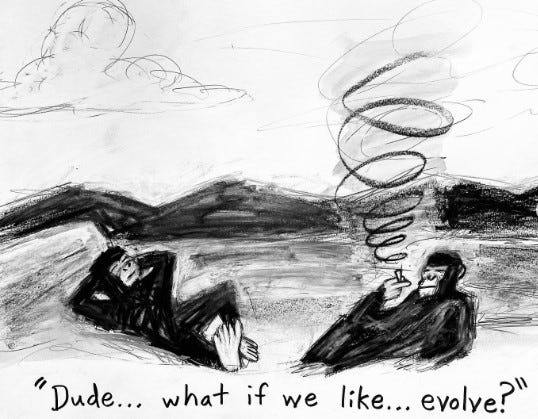A New Job Market is Opening for Futuristic Thinkers

Owning an early-stage newsletter is about acquiring specialized knowledge and mastering the craft of writing, while also trying to find a satisfying explanation to questions like; what the heck am I doing, what can I offer, what am I trying to accomplish? I believe that some resistance and creeping doubt is an unavoidable part of the…



